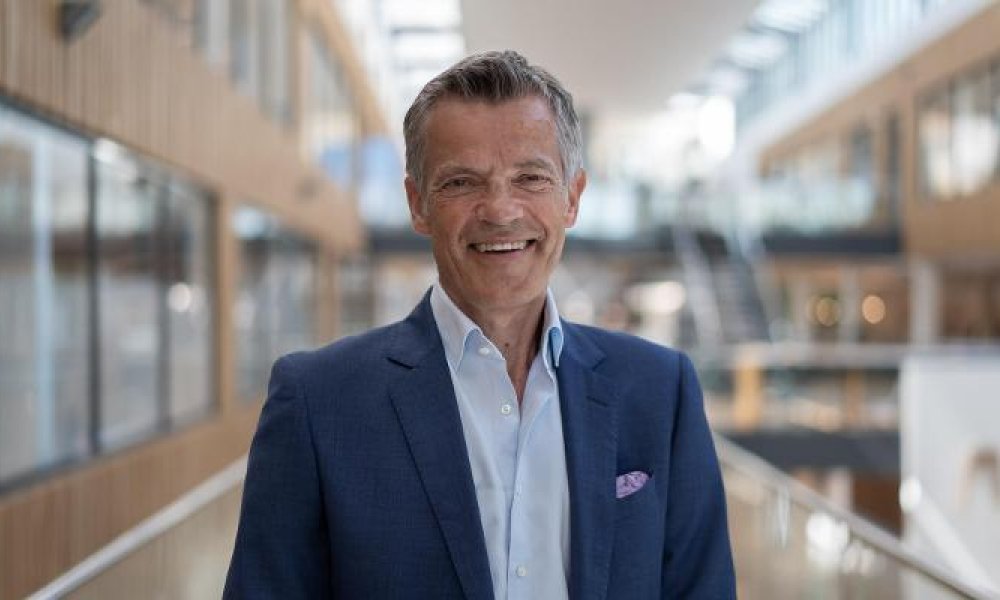This is the first in a perspective series where we look inward to understand the role of trust in our work.
Jørgen Hjemdal has been working in finance since the late 1980s and has experienced first-hand the sector's many transformations. Since 2016, he has been working to expand Storebrand's reach into the Nordics. For Hjemdal, Storebrand's success lies with its insistence on introducing sustainability as part of value creation since the 1990s, back when it was not a commercial plus and not at all part of financial institutions' agenda.
– Storebrand has been an early mover on sustainable finance, and this has had a positive impact over its performance as a company, as well as its stakeholders, Hjemdal says. Here are some of his insights on the role of trust in finance, and in life.
What role does trust play in what you do?
– Leaving someone else to manage your money takes a lot of trust. It is one thing to buy a car or an apartment from someone and another thing when you give them the capacity to invest for your future. And we as financial institutions cannot tell someone "Trust me." You need to prove it; you need to show that you are worthy of their trust.
How do you prove such a thing?
– By showing consistency in how we work and by being predictable. By having integrity and staying true to your values. By putting effort into building long-term relations. In one sense, it is all about balancing ambitious financial goals with your clients' interests, and showing your clients that "Yes, I am here to do business, but it is a mutually beneficial business that I am seeking."
And one needs to be persistent in showing up. Take the example of Iceland: It has a small population yet has a well-developed pensions market, a good place for us to be situated in. And we have been there consistently over time. We kept coming back even when returns were not that high in our initial entry into the market, and our consistent presence has paid off since then.
And how do you know you succeeded in building trust?
– Trust is a soft commodity that takes time to build and is easily lost. It is so hard to measure because it is more of a relational inclination; Do you feel secure that the other party will treat you right, consistently over time?
I believe trust circulates between people and within a community. For example, in Hardanger, a region close to Bergen, where I am from, owners of fruit farms put their berries in boxes, and then place the boxes to the side of the road. Whoever takes these boxes is trusted to leave the money in the same place. We trust our neighbours, our politicians, the legal system and even the tax collectors! So, in that sense, Norway is a trust-based society, and Storebrand is no different.
That said, a good indicator of trust from our clients is the most recent Prospera survey. Prospera evaluates asset managers based on variables such as portfolio manager competence, brand strength, sustainable investments reporting, and perhaps most importantly, willingness to recommend to others. In 2023 we were ranked number one overall by institutional clients in Sweden. This is a first for us after being ranked second for three consecutive years, and we are excited to keep up this new level of performance in the future.





